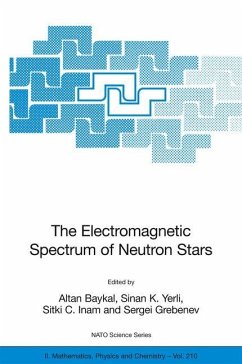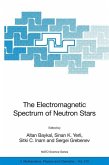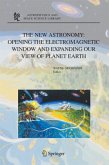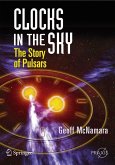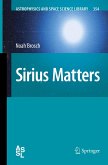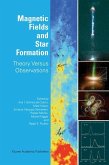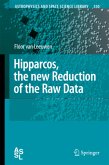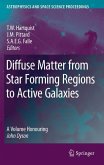Neutron stars hold a central place in astrophysics, not only because they are made up of the most extreme states of the condensed matter, but also because they are, along with white dwarfs and black holes, one of the stable configurations that stars reach at the end of stellar evolution. Neutron stars posses the highest rotation rates and strongest magnetic fields among all stars. They radiate prolifically, in high energy electromagnetic radiation and in the radio band.
This book is devoted to the selected lectures presented in the 6th NATO-ASI series entitled "The Electromagnetic Spectrum of Neutron Stars" in Marmaris, Turkey, on 7-18 June 2004. This ASI is devoted to the spectral properties of neutron stars. Spectral observations of neutron stars help us to understand the magnetospheric emission processes of isolated radio pulsars and the emission processes of accreting neutron stars. This volume includes spectral information from the neutron stars in broadest sense,namely neutrino and gravitational radiation along with the electromagnetic spectrum. We believe that this volume can serve as graduate level of text including the broad range of properties of neutron stars.
This book is devoted to the selected lectures presented in the 6th NATO-ASI series entitled "The Electromagnetic Spectrum of Neutron Stars" in Marmaris, Turkey, on 7-18 June 2004. This ASI is devoted to the spectral properties of neutron stars. Spectral observations of neutron stars help us to understand the magnetospheric emission processes of isolated radio pulsars and the emission processes of accreting neutron stars. This volume includes spectral information from the neutron stars in broadest sense,namely neutrino and gravitational radiation along with the electromagnetic spectrum. We believe that this volume can serve as graduate level of text including the broad range of properties of neutron stars.

